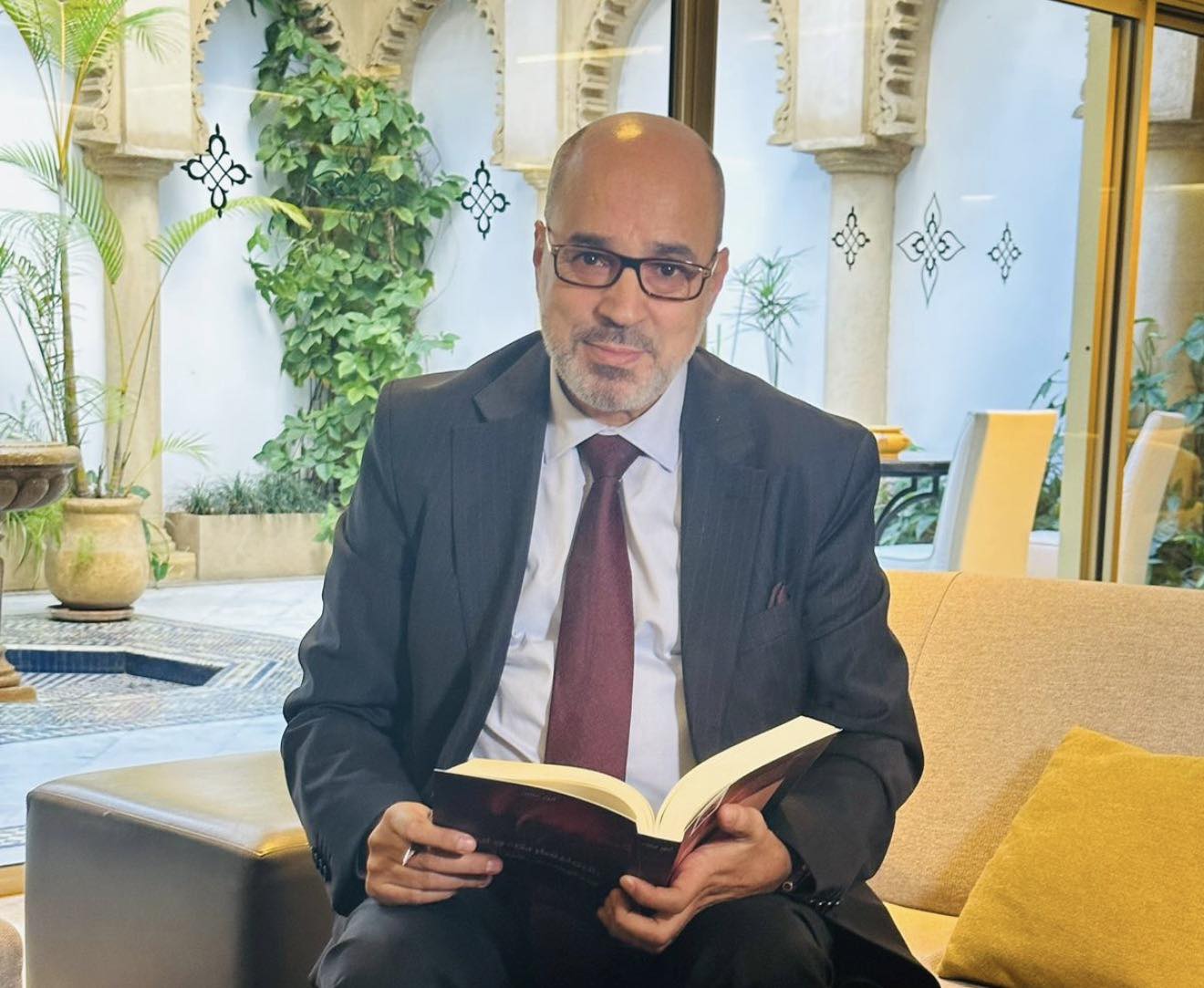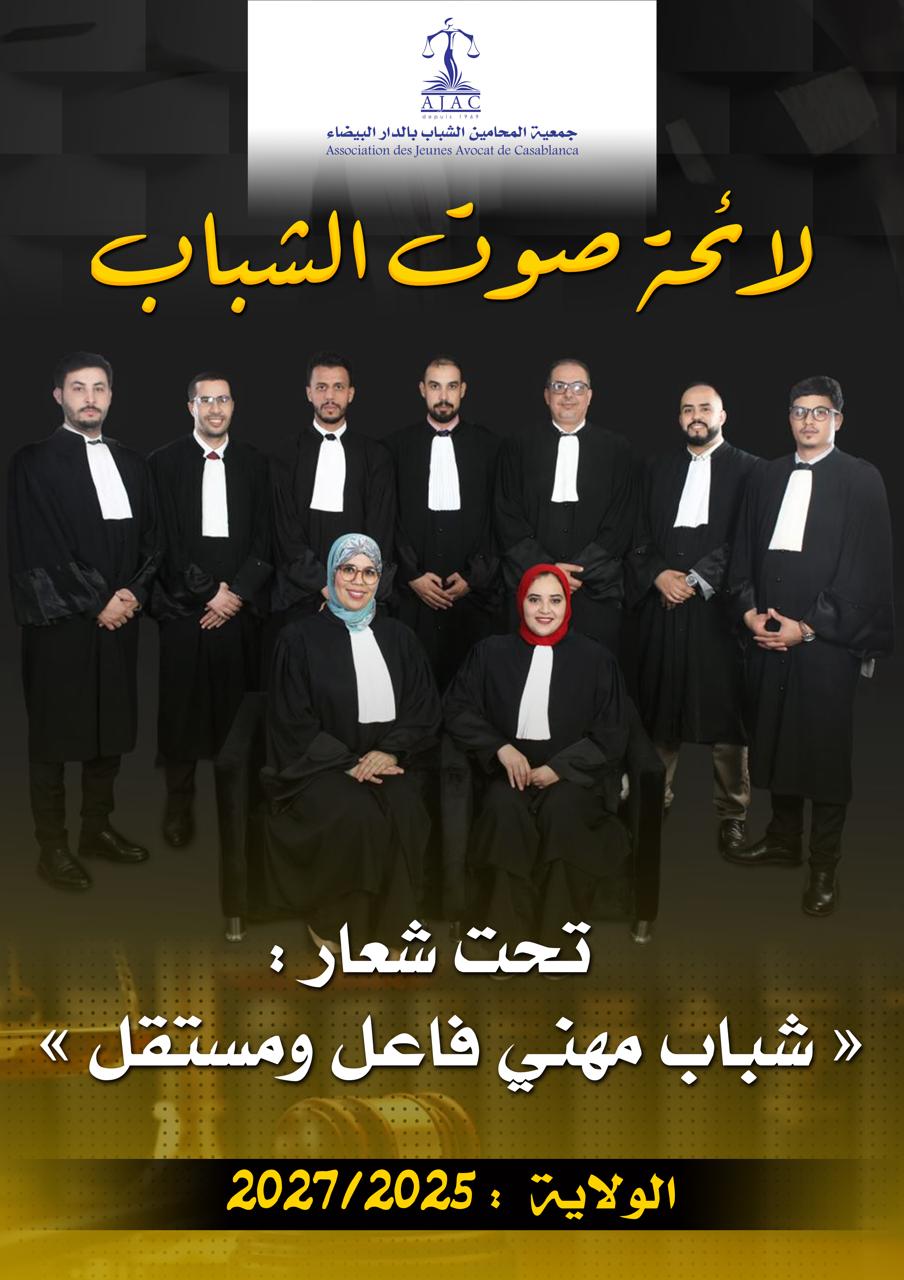Adoul and legal experts agreed on the importance of judicial documentation in supporting the legal path of the Kingdom, and the role of judicial documentation historically in preserving gains and defending rights through the legal documentation of contracts that marked the legal act and established the state of law and justice in the Kingdom, stressing that the role of judicial documentation in the history of Morocco has always been linked to the Alaouite sultans and their orientation to establish a state of law, justice and right derived from the principles of moderate Islam, explaining that most of the royal books were documented historically, up to the allegiance contract between the Sultan and the people, which the notaries had the honor of documenting.
During communication meetings with the National Union of Adoul of Morocco, on the occasion of the 25th anniversary of the Glorious Throne Day and the Revolution of the King and the People, notaries and academics monitored the historical role of judicial documentation in establishing the principles of the state of law and justice, and the keenness to assign notaries to document the allegiance contract between the King and the people, which highlights the importance of judicial documentation as a means stemming from the teachings of the Islamic religion in supporting legal life in the Kingdom. The lecturers highlighted during the discussions the importance of judicial documentation, which has known a long path in defending the major issues of the Kingdom, through what the contracts of notaries contributed to in documenting marriage and divorce contracts in the Saharan regions in making them legal documents for advocacy, which Morocco placed among the historical documents and documents in international courts to confirm the Moroccan Sahara and the connection of the Sahara residents to the Alaouite sultans. Dr. Idriss Al-Tarali, President of the Regional Council of Notaries of the Beni Mellal-Khenifra Appeal Court, reviewed the important role that the profession of notaries has played throughout history in establishing the legal rules regulating relations between people in society, recalling the importance of the profession in the Moroccan legal system and Moroccan traditions based on the confidence of the Alaouite Sultans in entrusting the notaries with documenting the allegiance contract as the highest contract in the Kingdom.
Al-Tarali, a member of the National Union of Adoul, presented a presentation on the status that the Alaouite Sultans gave to the profession of notaries, and placed it throughout history to this day among the legal and judicial professions that contribute to maintaining contractual security and preserving honor, lineage and property, adding that the profession of notaries is one of the most important pillars of the judiciary in Morocco, for what it has carried for decades in documenting judicial rulings.
Dr. Al-Tarali’s presentation stated that the profession of notary public is a profession that evokes religious and national motives, as notaries are soldiers recruited to serve the major issues of the Kingdom and the first to defend the national domain. This is what was known in the preparation of contracts that give Morocco its position in preserving its national unity and defending the national identity in social contracts documented in the southern regions throughout history, and raised as defenses that Morocco used in the International Court to prove the Moroccanness of the Sahara and the connection of the Sahrawis to the rule of the Alaouite sultans, as the lecturer considered that the profession of notary public is one of the professions that still contributes to defending national and religious constants, and contributes to protecting the contractual security of Moroccans. Dr. Al-Tarali shed light on the post-independence period, explaining that the competition of legislative rent contributed to legislation for a certain period at the expense of the notaries, explaining that the legal arsenal on which the reference of the notaries profession is based goes back in most of its texts to an Islamic legal and religious reference, stressing that the profession calls in the depth of its legal and social practice to establish justice, avoid major sins, and be pious to the fall of minor sins.











